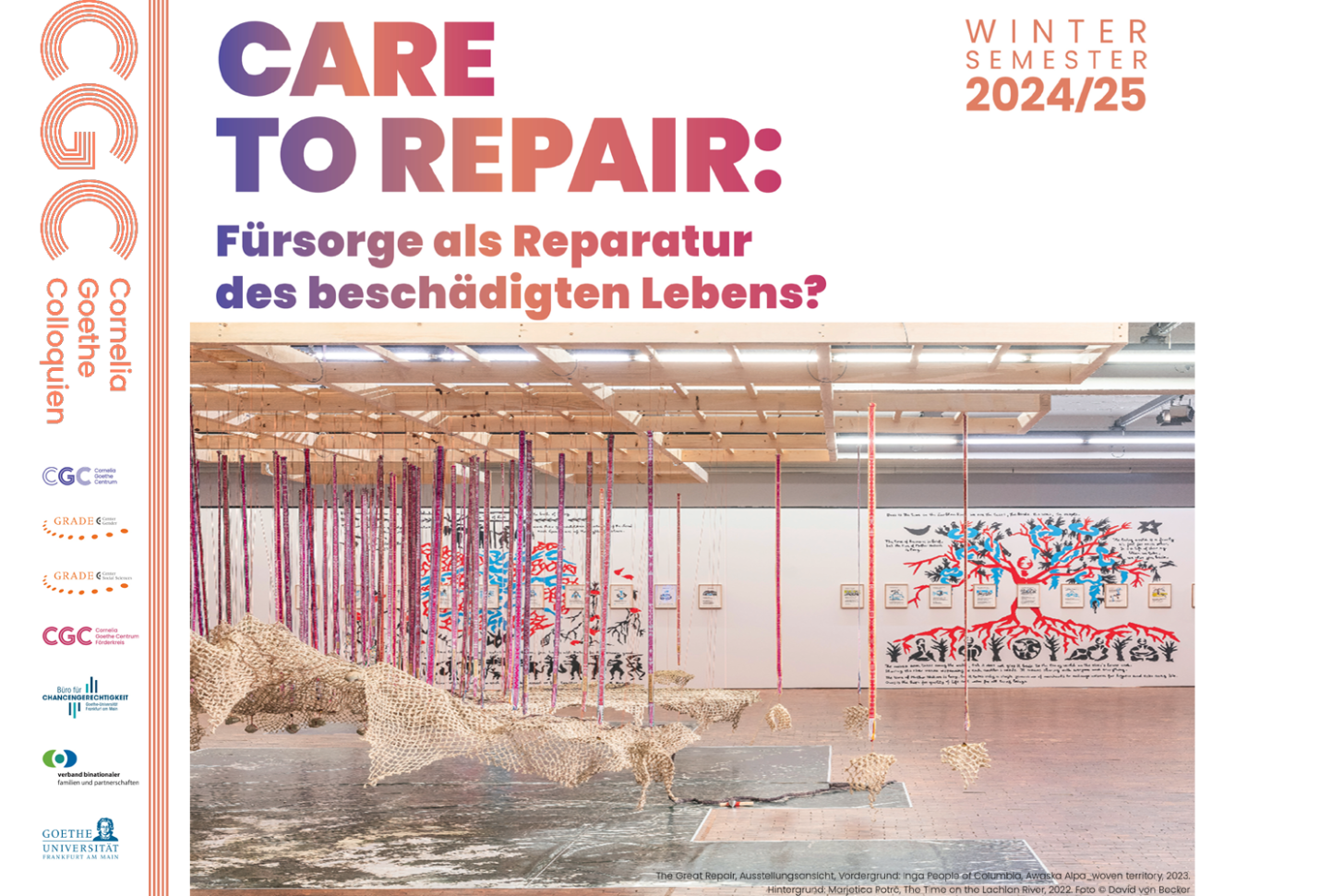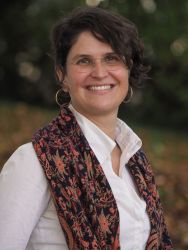
The Chicago of the late 19th and early 20th centuries was characterised by enormous inequality. Century was characterised by enormous social inequality. Life in the city's working-class neighbourhoods was particularly hard, with poor public services and omnipresent poverty. Stench, noise and sometimes toxic fumes characterised the cityscape. Education and care for children were scarce.
It was here that Jane Addams, a sociologist, journalist and later Nobel Peace Prize winner, opened Hull House, together with Ellen Gates Starr and other women: a community centre that quickly developed into an important meeting place and field of experimentation for social work research and practice, as well as for arrangements for sharing care work. The residents conducted empirical studies and reflected in theoretical writings on the possibilities and conditions of democratic coexistence. In doing so, they maintained lively contacts with male colleagues at the university, such as J. Dewey, G. H. Mead or W.E.B. DuBois.
In the founding and heyday of Hull House, social work, politics and research formed a unit - in contrast to today. The discussion on Chicago's Hull House will conclude the colloquium series and provide an opportunity to review the concepts discussed so far and to inquire about the transferability of Hull House's units to current contexts of capitalist late modernity.

© Fany Fazii
Ursula Offenberger is head of qualitative methods and interpretative social research at the Method Centre of the University of Tübingen. She specialises in US pragmatic research styles such as grounded theory and situation analysis. Together with students, she produced the webcomic „Pragmatism Reloaded“, which depicts the Hull House settlement as the most important non-university research institute in Chicago at the time.
Protestant University of Applied Sciences, Darmstadt

